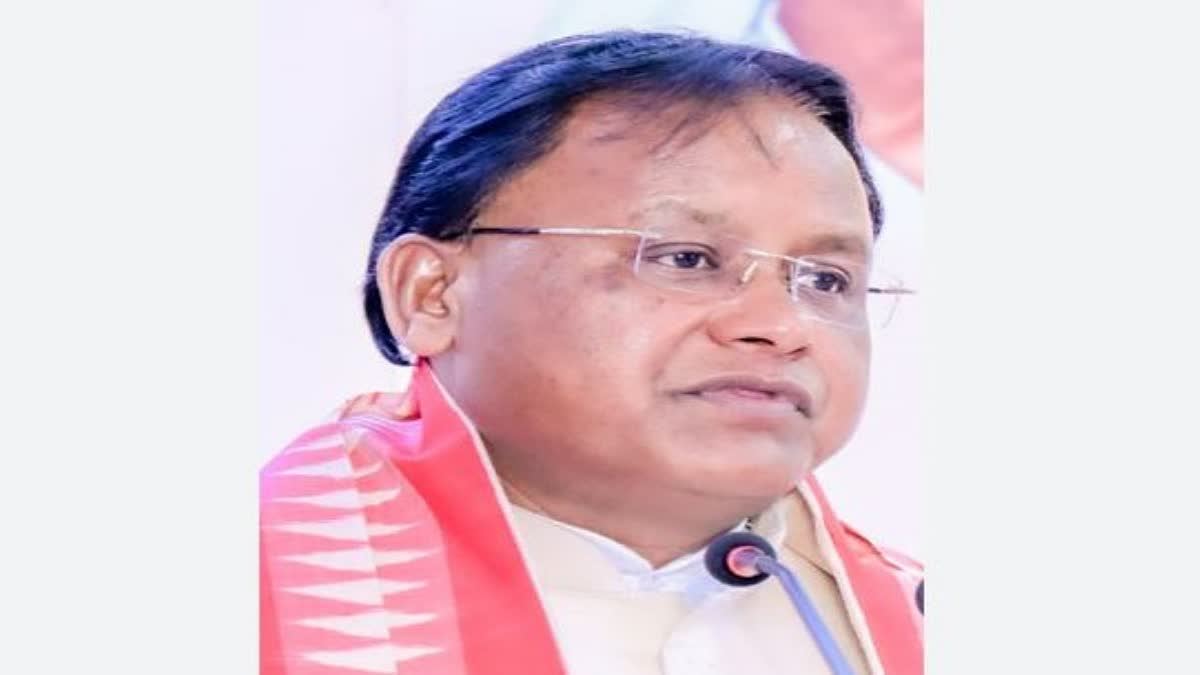Bhubaneswar:Even though Odisha Chief Minister Mohan Charan Majhi has ordered an RDC inquiry into the mango kernel deaths in Kandhamal's Mandipanka village, the state politics continues to remain embroiled in a fierce debate over the adequacy of food provisions in tribal regions. Two women of the village reportedly died due to consumption of mango kernel gruel, a food that is alleged to be eaten in case of food scarcity. The incident, which has drawn nationwide attention, has ignited a public outcry and prompted strong criticism of the state government’s policies and alleged failures in serving the tribal population.
The tragedy has become a focal point for the opposition, which is demanding accountability from the ruling party. Opposition leaders from the BJD and Congress have accused the government of gross negligence, arguing that the state’s promises of food security are not reaching its most vulnerable communities. Adding fuel to the controversy, statements from state officials have further angered residents and leaders alike. BJP MLA Saroj Padhi defended the government’s claim that “mango takua,” a traditional mango paste, is an acceptable food choice for tribals, sparking accusations of insensitivity and an inadequate understanding of the region’s hardships.
Opposition spokespersons are demanding the resignation of Supplies Minister Krushnachandra Patra, claiming he has failed to address systemic issues in food distribution. The BJD has also called for an apology from the Deputy Chief Minister over comments that seemed to trivialize the struggles of tribal communities. “When people are struggling to secure basic food, calling mango paste ‘traditional food’ is insensitive and dismissive,” argued Jaydev Jena, a Congress leader.
The State’s Food Security Crisis in Tribal Areas
Chief Minister Mohan Charan Majhi, returning from a trip to Delhi, has ordered an RDC-level inquiry into the tragedy. He instructed the distribution of three months’ worth of rice to the affected areas as a temporary relief measure. However, opposition leaders, particularly from the BJD and Congress, have criticized the government’s delayed response, pointing out that neither the Chief Minister nor any cabinet ministers have visited the area to assess the situation firsthand.
On the day NHRC member Manoj Jena and former union minister Braja Kishore Tripathy visited the affected at MKCG MCH.
However, many believe that these steps are too little, too late. Political commentator Rabi Dash said that such tragedies signal a failure to address deep-seated poverty and a lack of access to food, jobs, and healthcare for Odisha’s tribal communities. “What was acceptable two decades ago is intolerable today. This is not simply a matter of ‘traditional food’—it’s about survival in the face of extreme neglect,” he said.
Past Incidents Highlight a Systemic Issue
The recent tragedy is not an isolated case. In 2001, 24 people died in Rayagada district after consuming mango paste amidst similar conditions of food scarcity, an event that drew both national and international attention. In 2016, a similar incident saw two people die after eating mango kernel paste. These cases illustrate a recurring problem within Odisha’s food security system and underscore the urgency of addressing gaps in government welfare programs.
Political Fallout and Opposition Demands
